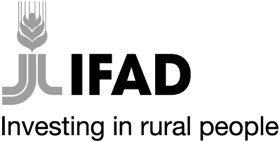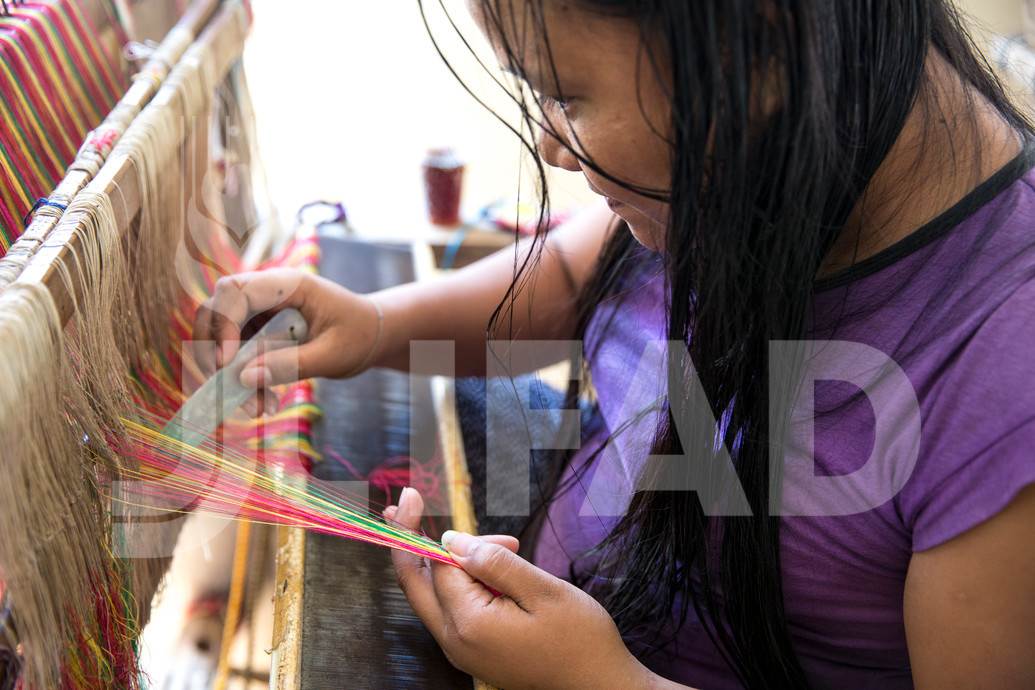| ID: | 52741 |
|---|---|
| Country: | Philippines |
| Title: | Philippines- Rural Microenterprise Promotion Programme (RuMEPP) - June 2017 |
| Description: |
In the village of Bulbulala, in the mountainous Cordillera Administrative Region of the Philippines, many of the residents are Inabel (a traditional style typical of this area) weavers, like Cridel Fernandez (pictured). Nelia Ardaniel, another Inabel weaver, tells about the difficulties of selling the same products as everyone else in the area. “We used to sell within the barangay (village) only, and it was hard to make a profit, because here the buyers always want to bargain on the price.” IFAD’s Rural Microenterprise Promotion Programme (RuMEPP) assisted Nelia, Cridel and her fellow Inabel weavers to improve specific aspects of their business at different stages, including business development training, the introduction of less common Inabel styles, such as Tiniri and Pinilian, sponsoring their participation in trade fairs in Manila many times and providing training for sewing new types of products to innovate their range. At the same time, the Department of Labour and Employment and the Department of Science and Technology provided equipment and raw materials. The weavers’ market opened up dramatically, and they now have large buyers in Baguio and Manila, who pay the price set by the weavers. Natividad Quiday, who employs Cridel, says “Many people have taken to weaving now, because it’s a good business - especially if you have children who go to school”. Building on the experiences of the Rural Microenterprise Finance Project (RMFP), RuMEPP targeted the poorest 19 provinces in five poor regions in the country, focusing on areas with the highest potential for enterprise development. Among these 19 provinces were Abra, Ifugao and Kalinga in the Cordillera Administrative Region. RuMEPP aimed to raise the incomes and improve the livelihoods of poor rural people by providing them with loans and other financial services and business development services, such as capacity-building, market linkages and product development. It worked with microentrepreneurs and other poor people involved in microenterprises, including women, young people and indigenous peoples in rural areas. Although RuMEPP focused on the formation and expansion of microenterprises at the lower and poorer end of the scale of assets, it also included larger microenterprises, which were and are an important source of employment. The project directly benefited about 200,000 households. Find out more about the story of Nelia, Cridel, Natividad and the weavers from Bulbulala at http://bit.ly/2ACH1li. |
| Size: | 13.77 MB; 5760 x 3840 pixels; 488 x 325 mm (print at 300 DPI); 1524 x 1016 mm (screen at 96 DPI); |
| Show more details: | Irshad Khan |
| Copyright: | © IFAD/Irshad Khan |
| Categories: | none |
| URL: | www.ifad.org |

